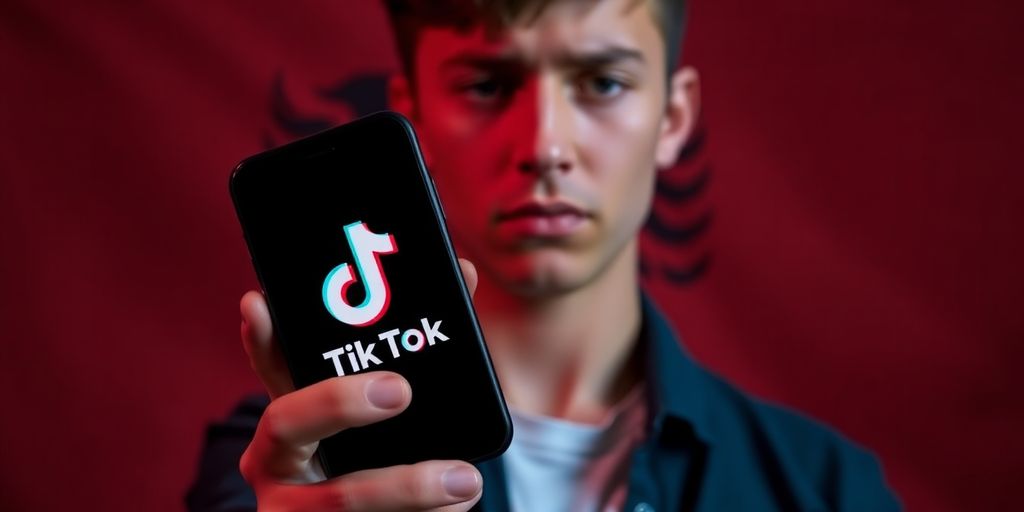Albanian Prime Minister Edi Rama has announced a controversial 12-month ban on TikTok, citing concerns over violence and bullying among children. This decision follows the tragic stabbing of a 14-year-old, which has sparked a heated debate about the role of social media in youth violence and the timing of the ban in an election year.
Key Takeaways
- The ban is set to last for one year, starting in early 2025.
- Critics argue the decision is politically motivated, aimed at suppressing opposition voices ahead of the May elections.
- The effectiveness of the ban in reducing violence is questioned by experts and parents alike.
Background Of The Ban
The ban was announced in late December 2024, shortly after the fatal incident involving a teenager. Prime Minister Rama stated that the decision was based on a survey of 65,000 parents, with 90% supporting the shutdown of TikTok. He emphasized that the platform promotes harmful content, which he believes contributes to school violence.
However, TikTok has denied any connection to the incident, asserting that there is no evidence linking the platform to the stabbing. The company has also pointed out that videos related to the event were shared on other social media platforms.
Political Implications
The timing of the ban has raised eyebrows, particularly as Albania approaches parliamentary elections on May 11, 2025. Opposition leaders have accused Rama of using the ban as a tool to limit their outreach on social media, where TikTok has become a significant platform for political engagement.
Sali Berisha, leader of the opposition Democratic Party, described the ban as an extreme act of censorship. He highlighted that Rama’s TikTok account has a larger following than his own, suggesting that the ban could disadvantage political opponents.
Public Reaction
The public response has been mixed. While some parents support the ban, believing it will protect children, others argue that it is an inadequate solution to a complex problem. Ermelinda Hoxha, a journalist and mother, stated that simply closing TikTok will not address the underlying issues of violence and bullying, as children can easily migrate to other platforms.
Experts in digital security have echoed these sentiments, emphasizing that violence is a multifaceted issue that cannot be resolved by shutting down a single app. They advocate for a more comprehensive approach that includes education for parents and children about online safety and responsible social media use.
Alternatives To A Ban
Instead of an outright ban, some experts suggest that the government should work with TikTok to enhance content moderation and safety features. This could involve:
- Collaborating with local authorities to flag harmful content.
- Implementing educational programs for parents and children about online behavior.
- Increasing police presence and support in schools to address violence directly.
Conclusion
As Albania navigates this contentious issue, the debate over the TikTok ban highlights the challenges of balancing child safety with freedom of expression. With elections on the horizon, the implications of this decision could resonate far beyond the digital landscape, shaping the political climate in Albania for years to come.
Sources
- Albanian PM Under Fire Over TikTok Ban in Election Year | Balkan Insight, Balkan Insight.
- Albania to close TikTok for a year, says it promotes violence and bullying among children, MSN.
- How Austria is Outpacing Portugal, Poland, Switzerland, Albania, Sweden, Ireland, and Cyprus with Record Tourism Growth: New Report You Need to Know – Travel And Tour World, Travel And Tour World.






